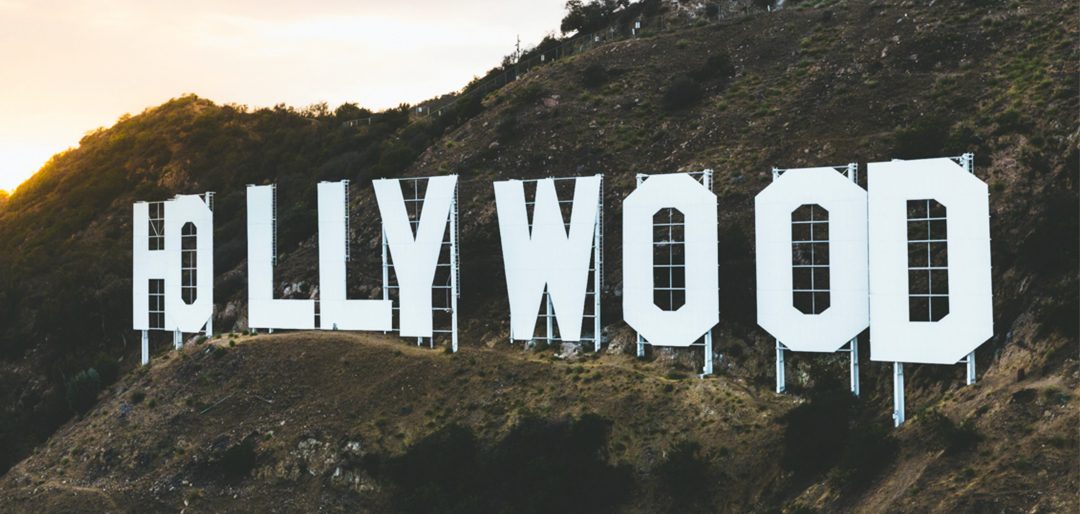In some ways, the art of film scoring has changed a great deal over the decades, as the lavish production values of Hollywood’s golden age gave way to a new generation armed with computers and music scoring software. Look a little closer, however, and you’ll realise that the power of a great film score has never changed.
Here, we examine each of the scores that competed for this year’s Best Original Score Oscar and shine a light on the composers behind them.
Nominee #1: John Williams
Nominated for: Star Wars: The Last Jedi
John Williams is, quite simply, a film scoring legend. With a career stretching from the 1950s all the way to the present, he’s created some of the most iconic, beloved film music of all time, and racked up quite the array of awards along the way – he’s been nominated for a staggering 51 Academy Awards, winning 5 of them, and a further 24 Grammy Awards. In fact, when it comes to Oscar nominations, he’s second only to Walt Disney.
While he’s known for his long-running series of collaborations with Steven Spielberg, arguably no other score he’s written is as well-known, or well-loved, as his music for Star Wars. So it seems only fitting that he was nominated for his work on the franchise’s latest instalment, which proved that, even after all these years, there’s only one John Williams.
Nominee #2: Carter Burwell
Nominated for: Three Billboards Outside Ebbing, Missouri
He may not be quite the household name that John Williams is, but Carter Burwell has been quietly and consistently producing brilliant film scores since the 1980s. In particular, he’s a firm favourite of writer-director duo Joel and Ethan Coen, scoring the vast majority of the brothers’ films.
Despite his evident skill as a composer, it took until 2015 for his work to finally be acknowledged by the Academy Awards, when he was nominated for his score for Todd Haynes’ film Carol. His latest nomination for the darkly comic drama Three Billboards Outside Ebbing, Missouri is the result of another fruitful partnership – this time with playwright turned director Martin McDonagh.
Nominee #3: Hans Zimmer
Nominated for: Dunkirk
In terms of name recognition and crossover success, Zimmer is surely the most famous film composer to have emerged since John Williams. Interestingly, he has had no formal musical training, arriving at film composing from a background as an engineer and keyboard player on pop songs – including the new wave novelty hit Video Killed the Radio Star.
More than almost any other contemporary film composer, Zimmer’s distinctive scores have influenced the sound of the modern blockbuster – and despite countless inferior copies, Zimmer remains the absolute master of his art. In our opinion, his score for Dunkirk is his best work in years – eerie, tense and epic all at the same time.
Nominee #4: Jonny Greenwood
Nominated for: Phantom Thread
Like Zimmer, Jonny Greenwood has taken an unusual route into the world of film scoring. Best known as the primary guitarist in long-running indie rock band Radiohead, juggling that role with his burgeoning composing career doesn’t seem to have affected the quality of either.
Greenwood’s score for Phantom Thread is his fourth collaboration with director Paul Thomas Anderson, and marks his first Oscar nomination. His score for Anderson’s 2007 film There Will Be Blood was widely considered to be the frontrunner for that year’s award, until it was unexpectedly ruled to be ineligible due to a technicality regarding the use of pre-existing material. Having more than proved himself as a film composer, however, we’re certain it won’t be long until he’s back on the Academy’s radar.
And the winner is…
Alexandre Desplat
The Shape of Water
If you’re counting by the sheer number of films he has scored, Alexandre Desplat has got to be one of cinema’s hardest working composers. With such an impressive rate of work being produced, you might expect him to be phoning things in a little – but nothing could be further from the truth. Whether it’s his work on blockbuster franchises such as Twilight or Harry Potter, or his intricate mixture of classical and European folk music for The Grand Budapest Hotel, Desplat’s scores are always a treat to savour.
Whereas every other entry on this list is the result of a composer-director team who have worked together on multiple occasions, Desplat’s Oscar winning score for The Shape of Water is his first collaboration with Guillermo del Toro. Given the film’s enormous success at this year’s Oscars, where it swept up everything from Best Picture to Best Production Design, let’s hope it’s not the last.
While there could only be one winner on the night, the sheer variety and skill on display in each of these nominees is impressive to behold. Whether they’re working with live orchestras or computer programs for composing music, they can act as an inspiration to the aspiring composers looking to forge their own paths creating indelible film scores.
Don’t forget to check out our infographic on the top musical Oscars facts below:


